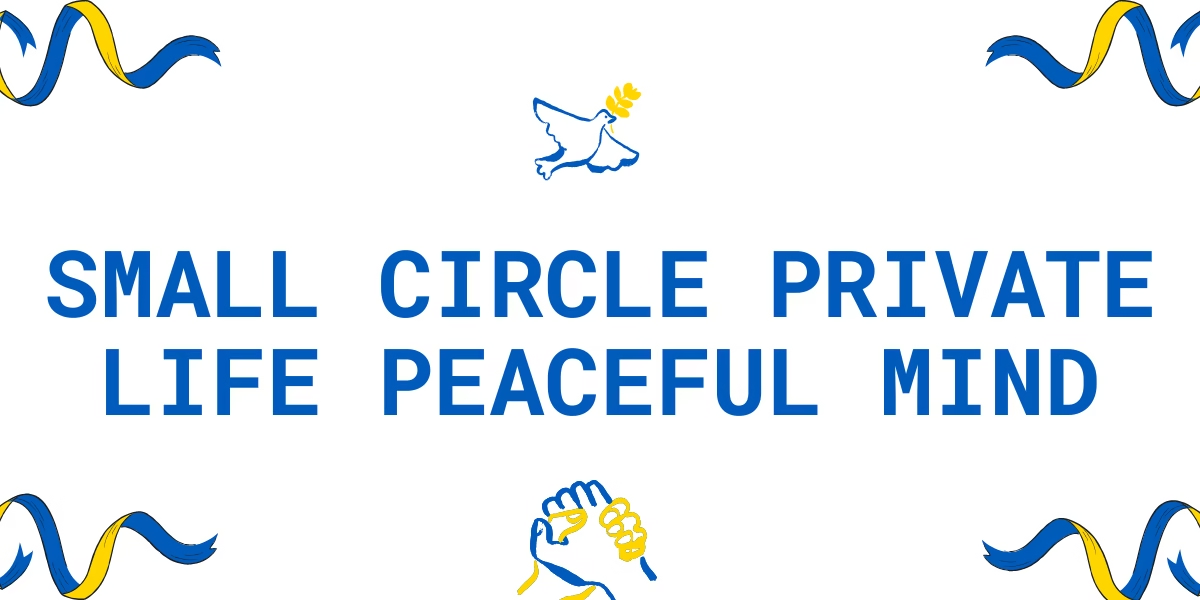Unlocking the Power of the Adapted Mind: A Guide to Mental Resilience and Growth
In today’s fast-paced world, the ability to unlock the power of the adapted mind is more important than ever. Accepting change and overcoming obstacles are essential skills for our personal and professional endeavors. The way our thoughts have evolved to adapt to constantly changing circumstances is one of the particularly amazing features of human evolution. This idea is often called the “adapted mind.” Gaining insight into the workings of the adaptive mind can open new avenues for emotional resilience, problem-solving, and personal growth.
What is the Power of Adapted Mind?
Unlocking the power of the adapted mind explores how the human brain can change and adapt to the demands of its environment. Our ancestors had to make their way through a dangerous, resource-constrained and socially complex environment. The brain has evolved over time and provides systems that enable critical thinking, problem-solving and successful situational adaptation.
The goal of this mental adjustment process is to thrive in constantly changing circumstances, not just survive them. The adapted mind can adapt to new knowledge, learn lessons from the past and develop new approaches to achievement. We can use this ability to increase resilience in the face of difficulty and maintain mental health.
The Science Behind the Adapted Mind
The field of neuroscience and behavioral evolution serves as the foundation for the idea of the adapted mind. Natural selection has molded our brains over hundreds of years to manage the complexities of human existence. A key factor in this adaptability is the brain’s neuroplasticity, or its ability to rearrange itself by forming new neural connections.
The adapted mind reorganizes to solve problems when faced with new situations. This shows that in order to adapt to the demands of our environment, our brain is constantly changing and rewiring. Humans can learn, unlearn, and rewire during each day as this process promotes flexibility and progress during life.
How the Adapted Mind Helps Us Overcome Challenges
The Power of the Adaptive Brain
Life presents many obstacles, both big and small. The adapted mind gives us the mental resources we need to face these challenges. Our adapted mind helps us cope with stress, uncertainty and failure, learn from them and modify our behavior accordingly. For example, if you make a mistake, the power of the adapted mind can help you reevaluate the event, learn from it and avoid repeating it. Resilience is based on the ability to learn from failures. It is the way the mind changes and evolves as a result of defeat, not to avoid it.
1. Accept Lifelong Learning
Dedication to lifelong learning is one of the best strategies to fortify the adapted mind. While formal schooling is not required, learning new things, developing new abilities, and examining various viewpoints may all promote brain development.
By pushing yourself with novel concepts and educational opportunities, you promote your brain’s neuroplasticity, which facilitates situational adaptation. Your mind becomes more conditioned to confidently handle complicated situations as you gain more knowledge.
2. Engage in Mindfulness Practice
Meditation and mindfulness are great ways to harness the power of the adapted mind. By increasing your knowledge of your internal dialogue, these practices help you react more deliberately rather than hastily.
Unlocking the power of the adapted mind can help you reduce stress and have a more clear mind when faced with uncertainty. Because you are less affected by emotional reactions, you are better able to adjust to difficult situations.
3.Build a growth mindset
According to economist Carol Dweck, the growth mindset is the belief that ability and intelligence can be increased through hard work and persistence. Because it emphasizes the fact that failure is an opportunity for progress rather than a permanent state of affairs, it is related to unlocking the power of the adapted mind.
You can teach your brain to see obstacles as opportunities for growth by developing a growth mindset. Unlocking the power of the adapted mind Knowing that you can change and grow enables you to approach challenging situations with curiosity and perseverance.
4.Develop emotional resilience
The adapted mind is quite efficient at regulating emotions, but it takes constant work. A key element of building emotional resilience is learning how to handle negative emotions without letting them dictate how you behave. You can use techniques such as keeping a journal, exercising, or connecting with a respected friend to learn how to handle emotions appropriately.
It is easier to face life’s challenges, adapted mind to difficult situations, and keep a positive attitude in the face of difficulty when one is emotionally difficult.
5. Maintain Your Physical Activity Level
Engaging in physical activity has mental health benefits in addition to physical ones. Frequent exercise has been demonstrated to boost mood, increase neuroplasticity, and improve cognitive function—all of which help to build a more flexible mind.
Exercise increases the production of opiates, which can improve the way you feel and cognitive function, while lowering stress chemicals like cortisol. Maintaining an active lifestyle fosters mental and physical well-being and strengthens the basis for adaptability.
Social Networks’ Function in an Adapted Mind
Because we are social beings, our intellects have evolved to function well in social networks. The foundation of mental resilience is establishing and preserving solid, encouraging connections. Social bonds promote personal development, give chances for education, and offer emotional support.
The insights and viewpoints of others may frequently assist you in adapting to challenging circumstances and coming up with fresh ideas. Talking openly and sympathetically with mentors, family members, or friends may help you get fresh perspectives and approach issues from many perspectives. Learning from others and exchanging experiences helps you develop your own adaptive intellect.
Final Thoughts: Acknowledge Your Adapted Mind
The idea of unlocking the power of the adapted mind draws attention to our brain’s amazing ability to adjust, grow, and evolve in the face of problems. Understanding how our brain can evolve allows us to welcome change with confidence, believing that we have the skills we need to handle any situation.
We can make full use of our adapted mind by fostering mindfulness, continuous learning, emotional resilience, and strong social relationships. Rather than avoiding obstacles, the secret to success, fulfillment, and happiness is in how we respond to them. So, keep in mind that your adapted mind is capable of helping you overcome a challenging circumstance and emerge stronger than ever the next time you face it.
Are you ready to unlock the full potential of your adapted mind?
One step is a step forward on the path to mental growth and resilience. You can turn obstacles into opportunities and open the door to a life filled with growth, learning and emotional balance by trusting the authority of your adapted mind. Incorporate mindfulness, develop an attitude of growth and build closer relationships with others, starting today.
Do you want to further improve your adapted mind? Receive professional insights, useful guidance and inspiration to help you succeed in all aspects of your life by subscribing to our blog. Let’s embark on this life-changing adventure together!







